Log Cabin Preservation for Historic Value
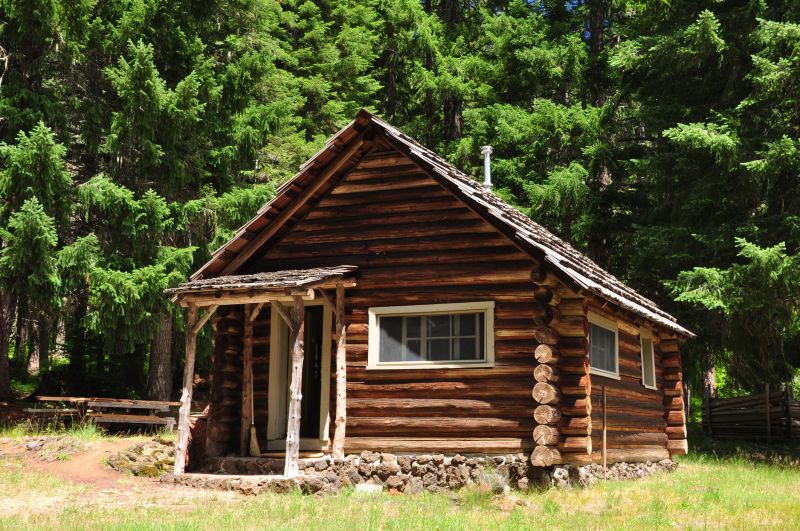
Preserving historic log cabins involves careful restoration techniques to maintain their original character and structural integrity.
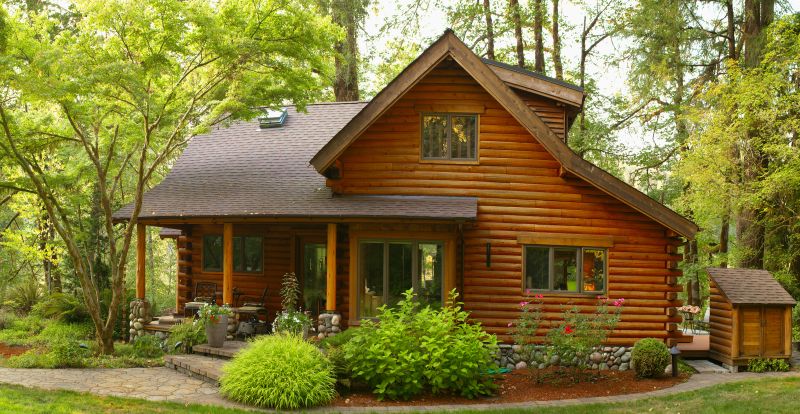
Exterior restoration includes repairing logs, replacing damaged sections, and applying protective finishes to extend the lifespan of the structure.
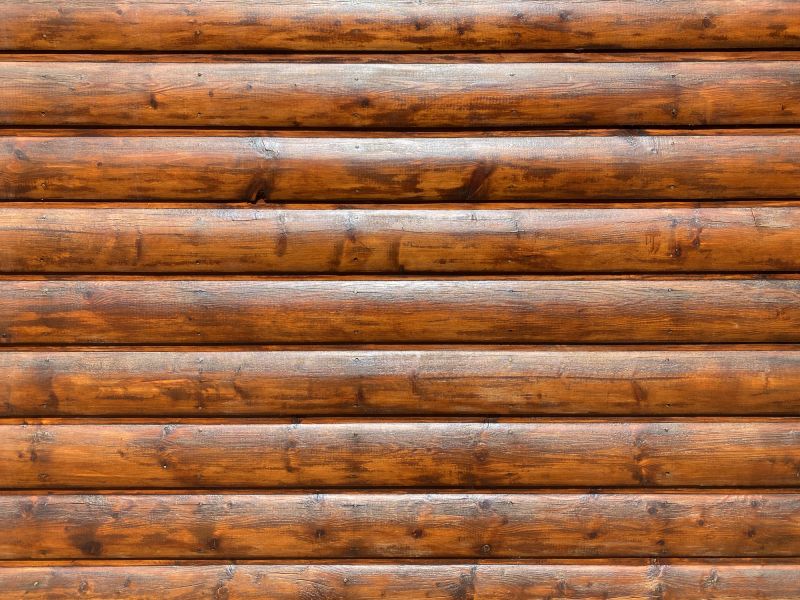
Interior preservation focuses on restoring original log surfaces, restoring authenticity, and ensuring stability for future generations.
Log cabin preservation plays a vital role in maintaining the historical and architectural significance of these structures. Proper maintenance and restoration techniques can significantly extend the lifespan of a log cabin, ensuring its beauty and functionality for decades to come. Restoration projects often require specialized skills to address issues such as log decay, insect damage, and structural weaknesses, which are common challenges faced by aging cabins.
Statistics indicate that a professionally restored log cabin can retain up to 85% of its original materials, significantly reducing the need for complete reconstruction. The process involves detailed assessments, careful log treatment, and precise craftsmanship to preserve the cabin’s authentic appearance while enhancing durability. Investing in preservation not only maintains historical value but also prevents costly future repairs caused by neglect or improper maintenance.
Timeframe for Log Cabin Preservation Projects
The duration of a preservation project varies based on the size and condition of the cabin. Typically, a professional team can complete exterior restoration within a few weeks, while interior work may extend to several months. Proper planning and assessment are essential to ensure the project progresses efficiently without compromising quality.
The Preservation Process
The process begins with a comprehensive evaluation of the cabin’s condition, identifying areas of decay, damage, and structural concerns. Next, repairs are made by replacing or repairing logs, applying protective coatings, and restoring original features. Finishing touches include sealing, staining, and weatherproofing to safeguard against future damage. Throughout the process, attention is given to maintaining historical accuracy and structural stability.
Advantages of Hiring a Professional for Log Cabin Preservation
Engaging experienced professionals ensures that preservation work adheres to best practices, preserving the cabin’s historical integrity. Skilled craftsmen possess the knowledge to address specific challenges such as log decay and insect infestation, reducing the risk of future issues. Professional restoration also ensures compliance with preservation standards, ultimately saving time and resources while achieving a high-quality finish.
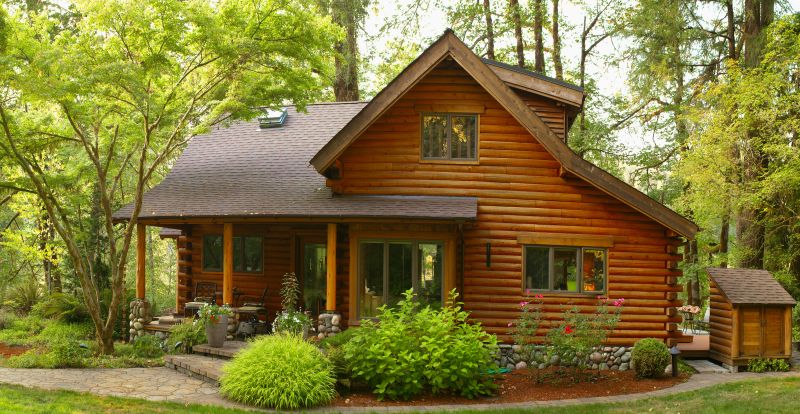
A fully restored exterior showcases the original log craftsmanship combined with protective finishes to ensure longevity.
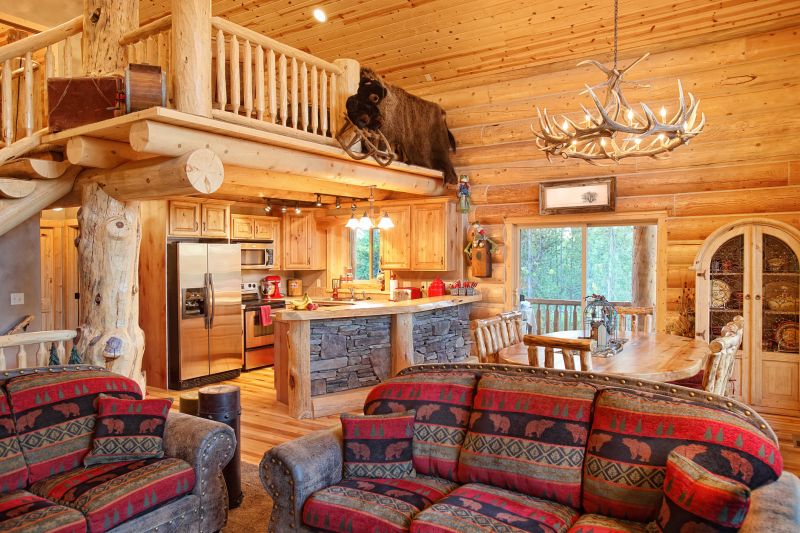
Interior features restored to reflect the original design, with attention to log surfaces and structural details.
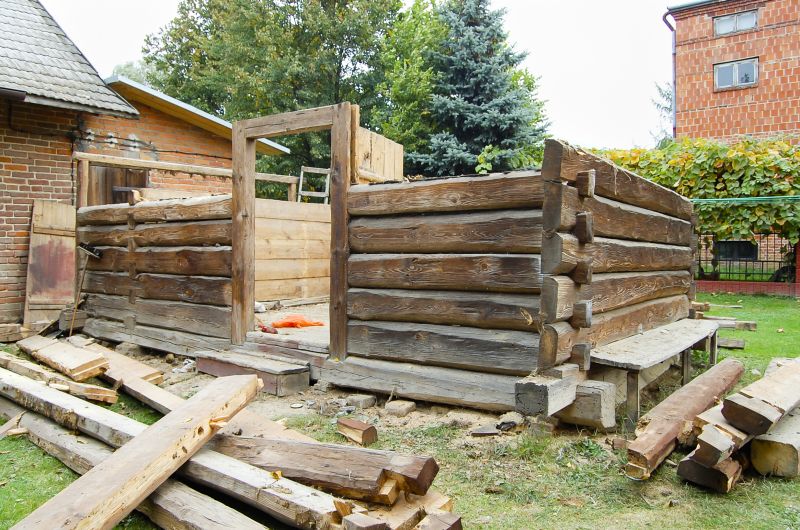
This project highlights the successful preservation of a historic log cabin, maintaining its authentic charm.
Proper preservation of a log cabin involves detailed craftsmanship and attention to detail. Restored structures retain their historical significance while providing safe, durable living or display spaces. The visual appeal of a well-preserved cabin can enhance its value and appeal for future generations.
To explore options for preserving or restoring a log cabin, interested parties are encouraged to contact for a detailed quote. A professional assessment can provide clarity on the scope, timeline, and costs involved, ensuring a successful preservation project tailored to the specific needs of the structure.
